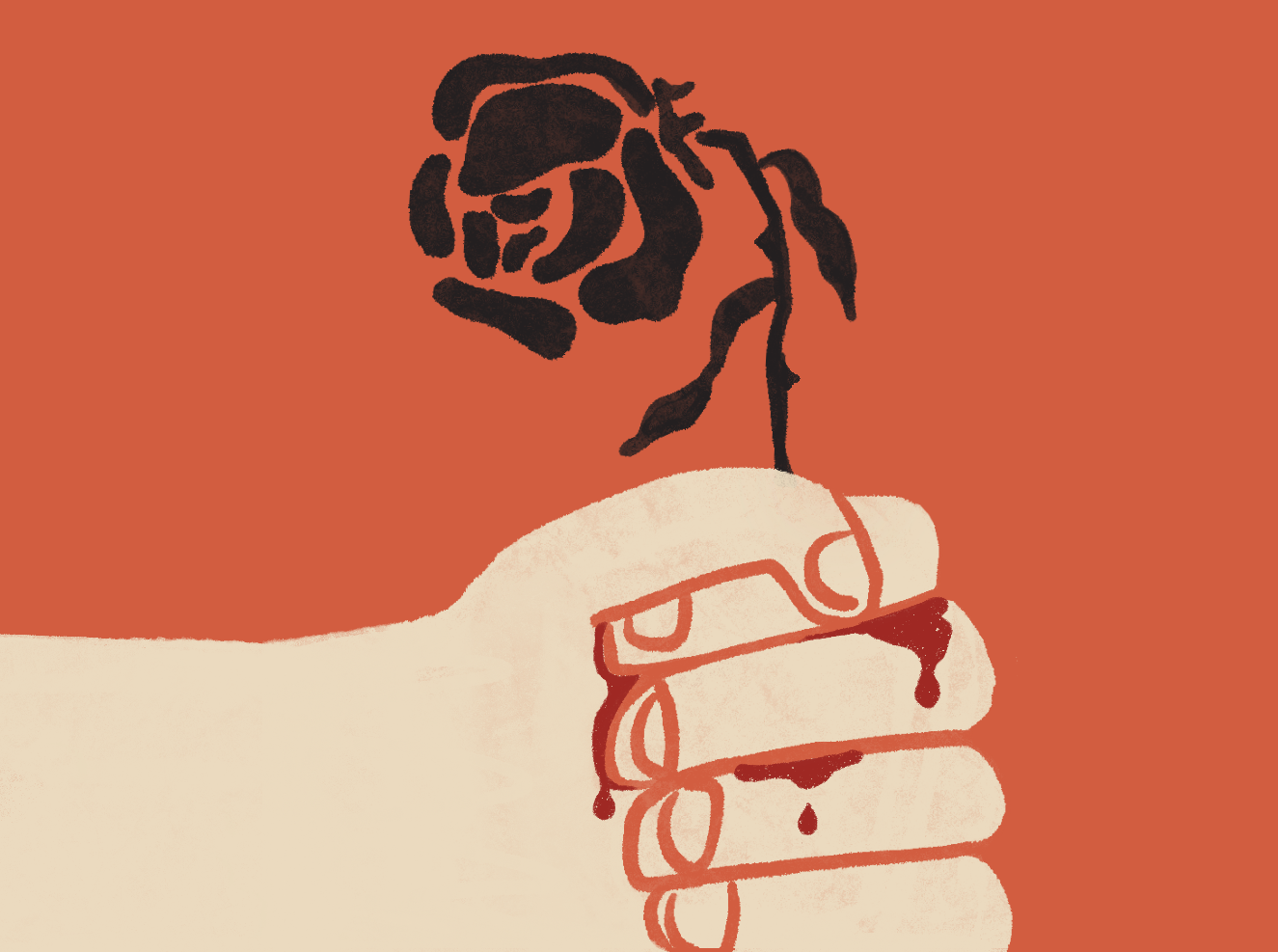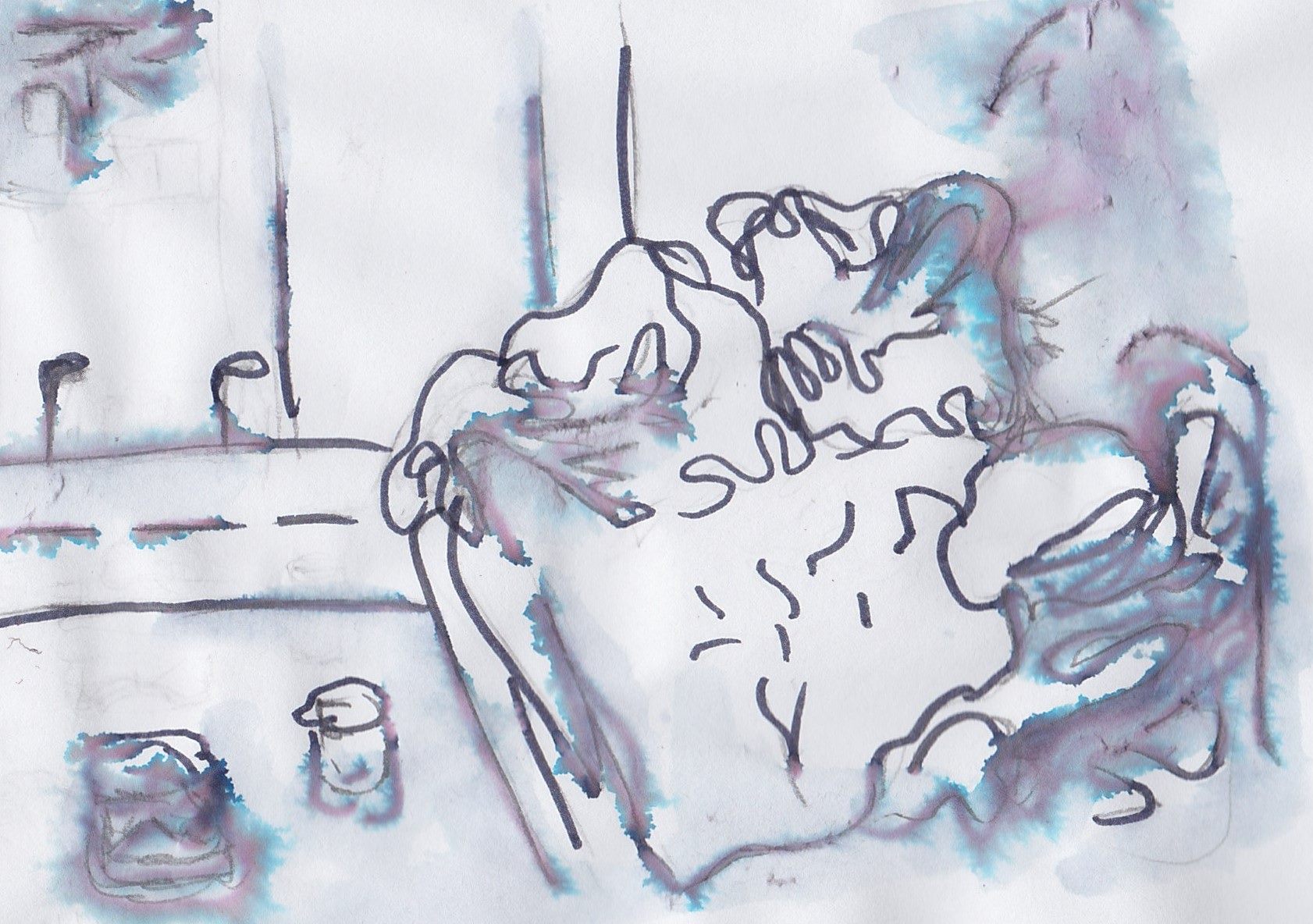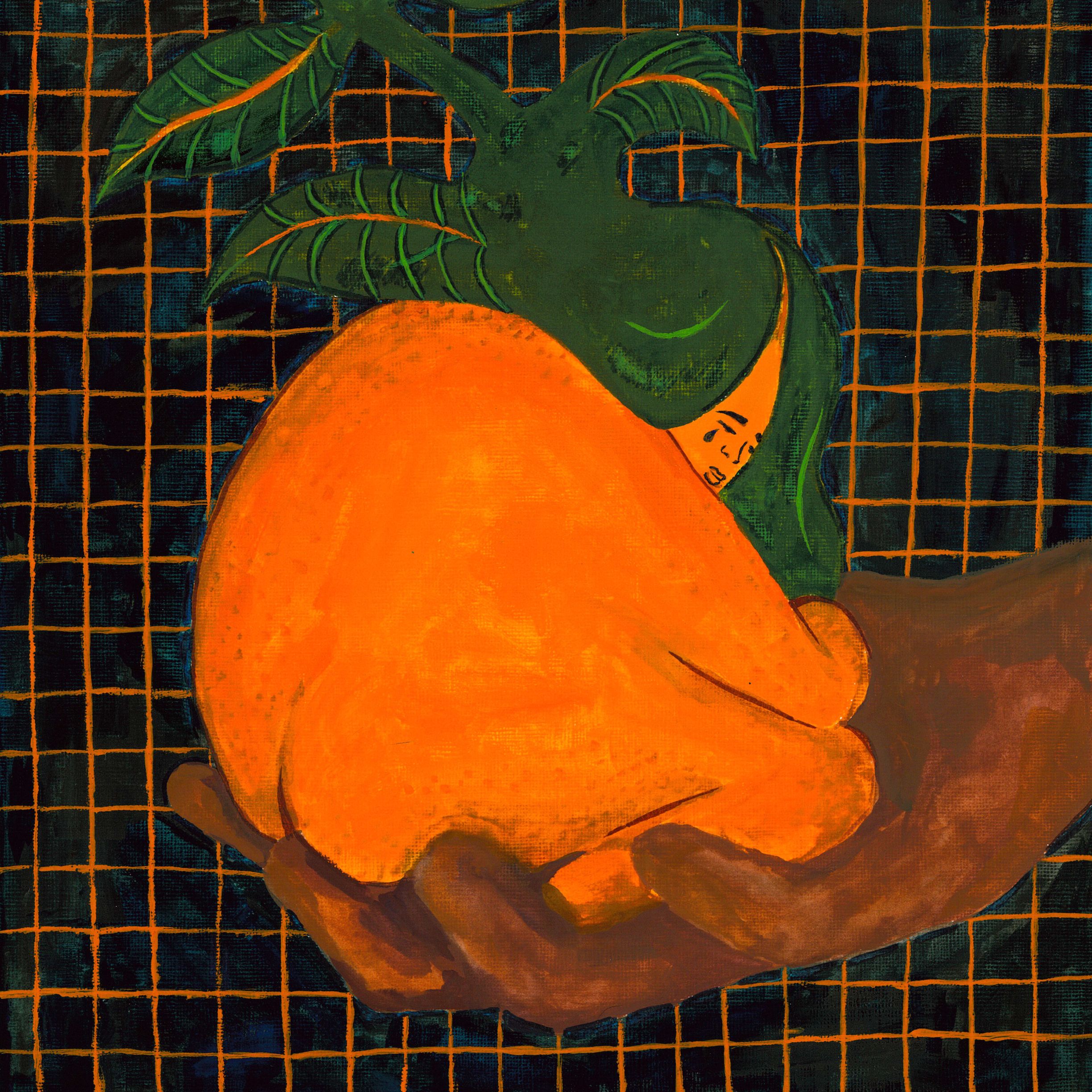
Woman as Fruit: The Language of Eating and Female Sexuality
“The fact of sexual need in man and animal is expressed in biology by the assumption of a sexual impulse. This impulse is made analogous to the impulse of taking nourishment, and to hunger.” – Freud, The Sexual Aberrations, 1905
Our language implicitly recognises women as consumable objects.
As a child, the radio was dominated by Maroon 5’s 2015 hit ‘Animals’, its chorus “I’ll hunt you down, eat you alive” a barely-concealed innuendo. Lady Gaga cat-walked into the VMAs in a dress made of raw meat. In shop windows and glossy magazines, adverts for Dolce & Gabbana placed beautiful women next to sumptuous desserts. A popular children’s picture book, Where the Wild Things Are, featured scaly monsters that cried “Please don’t go – we’ll eat you up, we love you so!”. All the world was eating and being eaten. Love and food were mysteriously, horrifyingly intertwined.
For many years I resented people for their hunger, but now, I realise I may not have understood the whole issue. Perhaps the only thing that is wrong with our consumption of others is the way that the patriarchy has set the menu?
For too long, consumption has been used to control and degrade women.

In some ways, this is to be expected. Europe, profoundly influenced by Christian mythos, remembers Eve’s first sin, how the eating of the forbidden fruit unleashed unholy knowledge. In Genesis 3:16, God punishes Eve for her transgressions with the burden of childbirth and childrearing, but also gives her “desire” for her husband. The ancient Greeks, who also had a significant impact on intellectual and oral traditions in Europe, similarly linked sexual purity to young women via the metaphor of fruit. Aeschylus’s tragedy of 463BCE, The Suppliants, sees women held responsible for their own deception and debasement, just as Eve is punished for falling for the serpent’s promises:
Your youthful loveliness attracts men’s gaze. The tender ripeness of summer fruit is in no way easy to protect; beasts despoil it – and men, why not? […] Love’s goddess spreads news abroad of fruit bursting ripe. . . [996-1000]
From this legacy, Europe and the Anglosphere have inherited generations of men who write of love and desire as consumption. Freud equated sexual desire to hunger, Rilke said that “to be loved is to be consumed”, and writer Colum McCann wrote that “most of the time people use the word love as just another way to show off they’re hungry”. This lexicon used the description of sexual acts as the eating of the woman to reinforce the concept of a much-prized ‘virginity’ – women with previous sexual partners have already been consumed, so they are repulsive. Preachers warn against the ‘sins of the flesh’, of weakness against our hunger for the meat inside another. To this day, women find themselves referred to as ‘leftovers’ or ‘sloppy seconds’: they have lost value in the eyes of potential partners because someone else’s touch has ‘spoiled’ them like rotten food.
This effect persists across cultures – the image of sexually active women as ‘chewed gum’ is used both by preachers in America’s ‘Bible Belt’ and by Korean university students to describe their own classmates, as recorded by author Cho Nam-Ju. The protagonist of her 2016 book, Kim Ji-young, Born 1982 hears herself referred to in this way, and weeps. Why may men desire endlessly, whilst women are shamed for the same thing? Elizabeth Smart, a survivor of kidnapping and sexual assault, says that the image of herself as a chewed piece of gum remained with her so strongly that she lost hope of a life outside of captivity – “You no longer have value. Why would it even be worth screaming out? Why would it even make a difference if you are rescued, if your life still has no value?”. These phrases reinforce the idea of a female sexuality as a consumable and disposable thing, worthless once used, and they wield a terrible power over women as sexual beings and as survivors.
Many women are horrified by this invisible control. The label of ‘predator’ – a thing that eats the vulnerable – is given to (sexually) abusive men, and we tell ourselves and each other over and over again that men are wolves, they will treat us like a piece of meat; they are violent, they will eat us alive.
Freshers in the JCR have repeatedly told me that they won’t go clubbing after feeling like “cornered prey”. My mother has asked me if the club is still a “meat market”. Women almost universally recognise the danger presented by male desire. Mariah Button’s poem, ‘Wolves’, cries that “[m]en are wolves and when tamed, they’re dogs. / But dogs still eat meat / and she is quite the piece”. Women internalise the image of themselves as vulnerable targets, just as men feel pressure to conform to aggressive and patriarchal roles. Many men resent the dominant personas that they are given in the dating scene and are disgusted by the thought of making women uncomfortable. The patriarchy benefits only predators, but as a society our language traps us within its ancient power structures.
And yet some women seem to find this comforting. If to be eaten is to be loved or desired, is it better than loneliness? Better than nothing at all?
“If you get hungry enough, they say, you start eating your own heart.” – Margaret Atwood, The Blind Assassin.
“I didn’t know that longing for touch could be so reminiscent of an almost palpable pain. I didn’t know that it was a hunger” – Grace Moloney, “I’ll Bite the Hand that Feeds Me.”
“I wanted to be wanted. […] any man who begged: let me make a meal of you.” – Yves Olade, “Slaughterhouse.”
In ‘Here is a Heart’by Jenny Owen Youngs, for example, the singer offers up her own tired heart to be “battered and braised / grilled and sautéed / just how you like it” in an effort to bring comfort to her loved one. Offering yourself for consumption is an act of love. Alternatively, Hiroshima mon amour by Marguerite Duras uses the offering of the flesh as both an emotional and sexual device. A woman mourns her past over drinks with a nameless new lover, confessing “I like you. How slow all of a sudden – how sweet. Please, devour me. […] I beg of you”. Interestingly, the French for “devour me” has been more liberally translated as “want me”, or “take me” in some English versions, making the sexual connotations of this line more explicit. These women offer themselves for consumption despite their own destruction – they exist for the needs of the other, for love, for passion.
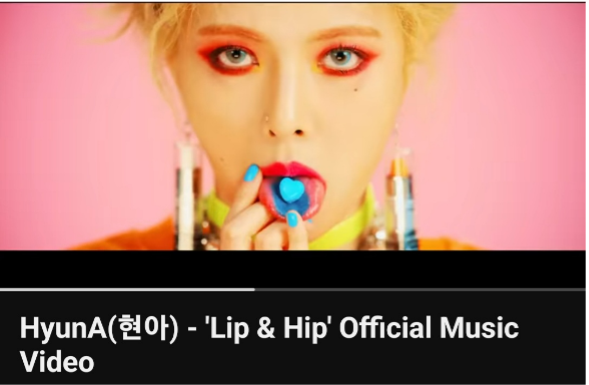
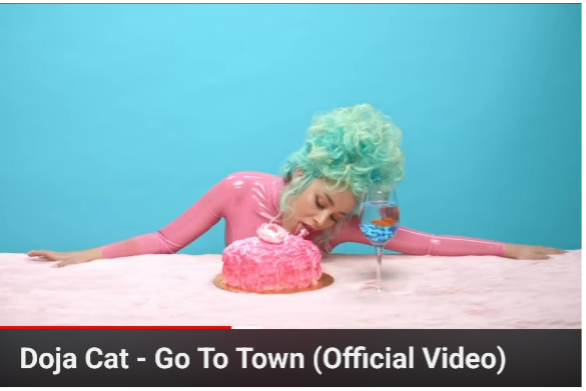
Allowing themselves to be eaten can bring women pleasure in other ways – female oral sex is often colloquially referred to as ‘being eaten out’. This act allows women to find pleasure in their own consumption rather than solely satisfying the male consumer. Perhaps the word “eat” here is incidental – a mouth is necessary, after all – but the particular word choice is still significant. Why is fellatio not reciprocally referred to as the eating of the man? Being ‘eaten out’ implies the woman’s passivity, whilst the man retains power over his own pleasure. And yet, many women are happy to use this term, and to enjoy this surrender of control. When women have agency over their consumption, it can be emotionally and physically fulfilling for them, too.
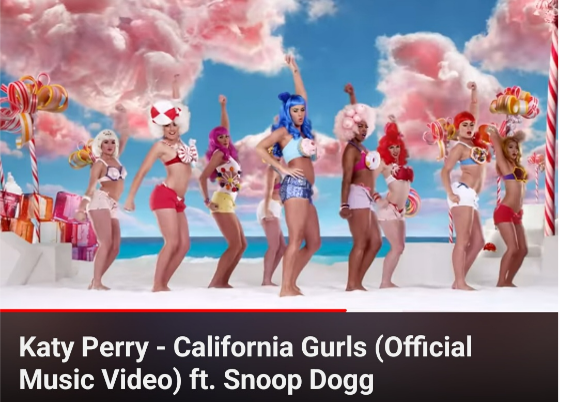
Some female artists take it a step further. Not content to offer themselves up, they wish for lovers who will passionately eat them, showering them with attention and love. They flip traditional power structures just enough to exert their own authority, actively directing another in their consumption. ‘Teeth’by Lady Gaga, for example, uses the imperative, ordering listeners to “take a bite of her bad girl meat”. She holds power over the male subject, finding not only sexual pleasure but emotional fulfilment – this “saves her” and “makes her feel alright”. Control over her sexuality gives her agency over her life even as she feels beyond salvation. Ashe Vernon’s ‘IT’S A CIRCUS AND WE’RE ALL PAID TO BE HERE’ implores “Dig your teeth into me. / Come on, I dare you. / Take a bite. / Open me up: / raw and candyfloss pink / on the inside”. In Literary Sexts II, Tanaka Mhishi becomes “fragile and unholy / Open. Ravage. Eat”. These women don’t care if their desires are sanitary, sanctified or satiating to the other. They wish to be eaten, and so they will be.
But why should we be resigned only to be eaten? Why should women not eat their hearts out too?
The prospect of being consumed by women is terrifying to men because it holds the power of men’s ruination. It is unholy, a reversal of God’s intentions. Throughout history, man-eating female monsters such as the Odyssey’s Scylla and Charybdis have reflected the patriarchy’s fear that it will one day face its own predatory consumption. Even in our own childhoods, we watched beautiful topless actresses play flesh-eating sirens in Pirates of the Caribbean, whilst the series’s other male-coded villains were far less sexualised. Vampire movies reinforced our imbalanced perceptions of male and female consumption: we considered it natural that there was something sexy about Edward’s predatory desire towards Bella in Twilight, whereas Jessica of Jessica’s Body was an unsympathetic man-eater despite having been assaulted in the first ten minutes of the movie. How were we to have known that there is nothing wrong with female desire?
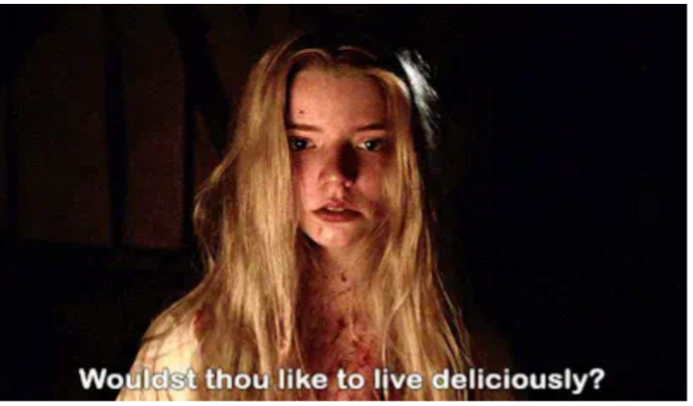
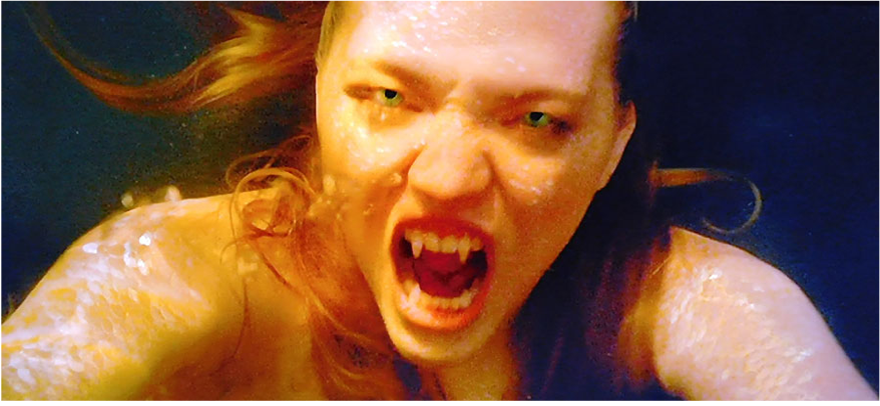
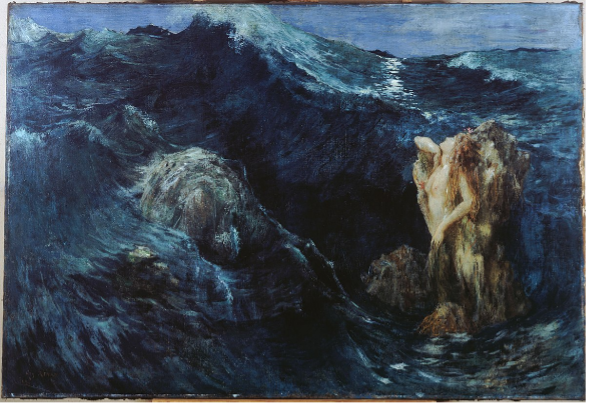

Women’s diets and desires have historically been constrained by patriarchal expectations, so that their bodies are appealing and edible, and their needs are not placed before those of men. A generation of women now proclaim their own hunger. Perhaps gluttony and lust are two names for the same sin, for the desire to put something against your lips, between your teeth?

These women will not allow their desires to be twisted and moulded to conform to patriarchal expectation, they will live freely and deliciously. Queer female writers, in particular, have mastered the consumption of other women in a way that celebrates femininity and subverts the male gaze. In the ancient world, Sappho likened her lovers to honey and sweet violets, whilst modern poets are able to balance both sweetness and salaciousness on a knife edge. Simply named ‘Desire’, Clementine Von Radics’s lesbian love poem starts with “God I want you / in some primal, wild way / animals want each other. / Untamed and full of teeth” before changing registers to state her love “in some chaste, Victorian way. / A glimpse of your ankle / just kills me”. By flipping the implied power structure between stanzas, she is able to demonstrate a multifaceted view of female desire and prevent the speaker from appearing predatory. She wishes for the consumption of another woman and is in turn consumed by her own desire.
Chaia Heller’s ‘After Language’ decries and then repurposes the male gaze through the use of fruit metaphors:
“When all the drowsy metaphors
About women and fruit
Have been peeled
And devoured;
There’s just you, me,
A bowl full of summer peaches
[…]”
Male writing about women as fruit is a tired cliché, but when done by women it takes on a new meaning. Both participants are equal, able to bring joy, able to undo the other.
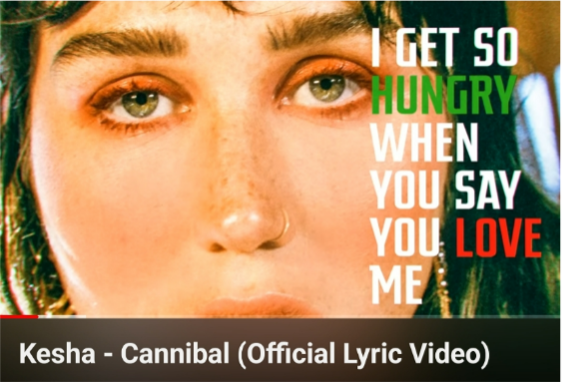
Heterosexual women need not feel limited to passivity in their consumption, either. K-pop idol BoA scored a hit in 2009 with her song ‘Eat You Up’, singing “Boy […] you look so tasty, I could eat you up alive”. Originally released at a similar time, Ke$ha’s ‘Cannibal’,which borrows from the same predatory script as Maroon 5’s ‘Animals’, recently experienced an unexpected renaissance on TikTok.
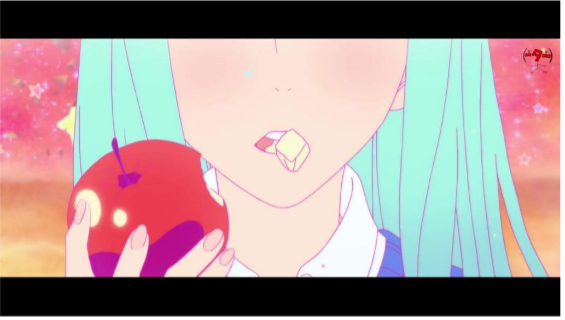
Through the pastel-coloured GIRL project, singer Daoko used the metaphor of the biblical forbidden fruit to show a girl’s coming-of-age and journey towards sexual self-discovery. The GIRL is not tricked into taking the first bite; she eats out of curiosity, on her own terms and for her own satisfaction. Though she ultimately discovers that it is not as sweet as she expected, she is in control of her consumption and her sexuality throughout. No God is there to punish her save the cruelty of her own longing.
Perhaps hunger and consumption, in this way, can bring meaning and pleasure to anyone, rather than merely being an experience men subject women to. Through consensual, non-hierarchical consumption, each party can be fulfilled without violence or predation.
It seems natural that each of us will feel the hunger of desire, will find someone or something to sink their teeth into. So let the whole world eat and be eaten, let us not be shamed for our tastes, let us not restrict the menu with patriarchal expectation. We are what we eat – let us eat beautifully, then. As Augusten Burroughs said,
“There is no shame in being hungry for another person. There is no shame in wanting very much to share your life with somebody”.
If this piece reminded you of a particular piece of language, song, or work of art, please add it to this piece’s public online moodboard:https://padlet.com/interviewwithhunger/little-mouthfuls-r6m5qgubgobm6ifi ∎
Words by Katherine Jordan. Featured image by Lauren Cooper.


